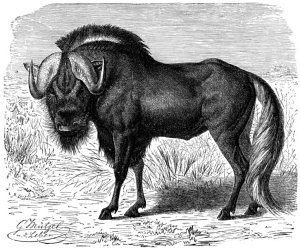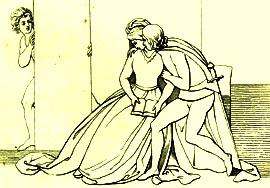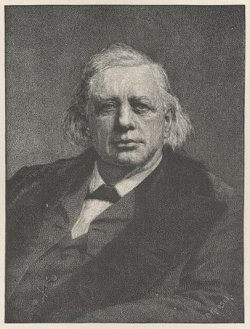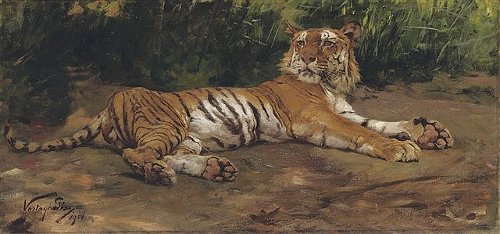A man hired by John Smith and Co.
Loudly declared that he’d tho.
Men that he saw
Dumping dirt near his store;
The drivers, therefore, didn’t do.
There is an old cook in N.Y.
Who insists you should always st.p.
Full vainly he’s tried
To eat some that was fried,
But he says he would rather ch.c.
The sermon our pastor Rt. Rev.
Began may have had a rt. clev.,
But his talk, though consistent,
Kept the end so far distant
That we left, since we felt he mt. nev.
— Anonymous




